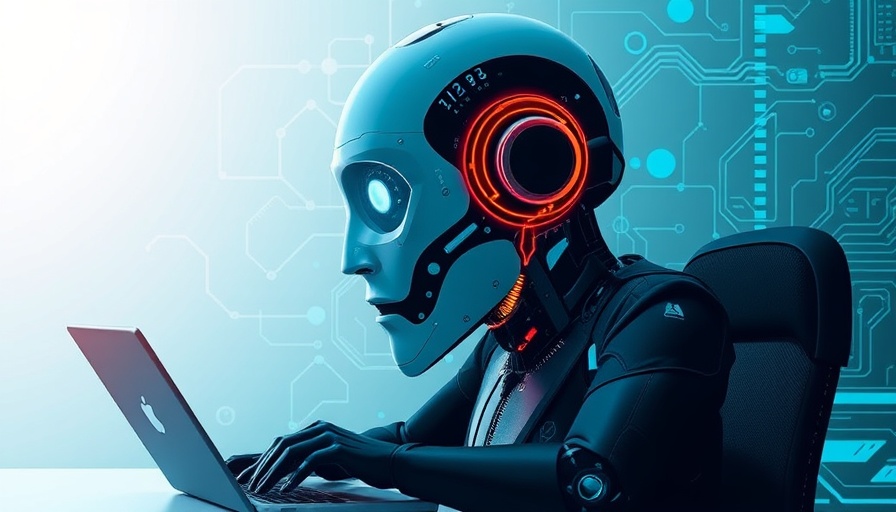
The Impending AI Revolution: A Broad Impact on Employment
The conversation surrounding artificial intelligence (AI) has often been dominated by fears of job displacement, primarily focused on low-level roles. An alarming statistic from the World Economic Forum reveals that by 2030, AI could render an astounding 92 million jobs obsolete. However, the impending changes brought about by AI extend far beyond the clerical and mundane jobs that many have come to expect. Instead, as AI systems grow increasingly sophisticated, even specialized professions are being put on notice.
Job Threat Across All Levels
While job displacement in clerical roles like data entry and telemarketing has been highlighted extensively, new data suggests that higher-skilled professions are not safe either. Engineers, software developers, and even teachers may find their roles transformed, as AI tools augment their capabilities and change the very nature of their work.
How AI is Reshaping Coding and Development
The coding landscape has already started shifting due to the proliferation of AI-assisted programming tools. Applications like GitHub Copilot and Windsurf are empowering developers to write more efficient code in less time, creating a competitive environment where average coders can now produce advanced programming work. As the coding market is projected to grow considerably, from $4.3 billion in 2023 to $12.6 billion by 2028, it's clear that those who adapt to the AI tools will flourish, while others may struggle.
Growth of AI in Writing: A Double-Edged Sword
Meanwhile, the writing industry faces its own set of challenges from generative AI. Tools like ChatGPT and Gemini can now produce high-quality text that often rivals that of human writers. This shift is prompting businesses to seek out AI-generated content for its cost-effectiveness. As AI continues improving its capabilities, the opportunity for freelance writers and content creators to find work may diminish, necessitating that they adapt quickly to the changing market.
Preparing for an AI-Driven Future
As we examine the future of work, it is vital for individuals to prepare for these imminent changes. Upskilling and reskilling will be crucial as the landscape evolves. Professionals must familiarize themselves with AI technologies to enhance their capabilities, potentially finding new niches within the industries they once took for granted. For those in creative fields, continual learning and adaptability become key factors in maintaining relevance in an AI-dominated market.
Embracing AI: An Opportunity for Growth
The rapid advancement of AI may initially seem daunting, but it also presents untapped opportunities. By embracing AI, professionals can increase their efficiency, creativity, and productivity, opening doors to new avenues and revolutionary approaches to work. Adapting to these changes does not indicate resignation to technological dominance; rather, it signifies a proactive approach to coexist with emerging technologies.
In conclusion, while there is valid concern regarding job displacement due to AI, there is also immense potential for innovation and growth within the workforce. As we move forward, embracing these changes with an open mind can prepare individuals for a future where AI is not merely a threat but a valuable ally.
Discover how you can stay ahead of AI’s rapid advancements! Bypass ANY AI Detector with ease at prompt2human.com
 Add Row
Add Row  Add
Add 




 Add Row
Add Row  Add
Add 

Write A Comment